Loopsie - a mobile application that can create animated images (anime) from user-entered photo data has been "causing a fever" in the community in recent days. The AI drawing software was quickly introduced to each other by users and reached the Top 1 free download program on the App Store in Vietnam after a short time.
Although it was launched in 2018, the app was little known until recently, after the developer updated the feature using AI specializing in image reconstruction. Another reason why Loopsie is popular is its convenience when users can operate right on their phones and it only takes about 15 - 20 seconds for the program to complete an animated image from the original content.

Loopsie "redraws" normal photos into cartoon form right on your phone
But apart from the issue of momentary entertainment, "feeding" personal photos to AI for use without knowing whether the data will be stored or used for any other purpose other than recreating the image in anime style seems to be of little interest to many people. According to a security expert, photo editing and effect creation applications are always an indispensable need of users, serving the desire to create many unique and strange photos as desired. With the support of AI technology, these software are increasingly attractive and quickly become popular and spread to many users.
However, the process will require users to upload the captured photos to the service provider's server, thus potentially exposing, leaking data or using it for purposes other than those announced by the publisher without the user's knowledge. To avoid this risk, experts recommend that users do not upload sensitive, private photos to the application.
Speaking to Thanh Nien , Mr. Vu Ngoc Son, Technical Director of Vietnam Cyber Security Technology Company (NCS), said that photos taken with mobile phones will often have additional information about the time, type of device being used, and especially the location where the photo was taken.
"From this information, others can synthesize your habits, activity schedule, and movements, so you should consider if you do not want this information to be leaked or leaked. Providing many photos to another system also has the risk of being exploited to create fake photos and videos. If the photos fall into the hands of bad actors, they can use them for AI to learn, then use Deepfake technology to create fake content for bad purposes, even fraud," Mr. Son emphasized.
The expert recommends that in all situations, even with new trends, users should still be cautious and should not trade personal data, especially their own face data and that of their loved ones, for a few minutes of fun on social networks.
Previously, there have been many warnings issued about online scams using collected personal data to gain trust from victims. In addition to data such as phone numbers, ID cards, addresses, emails, full names... users also need to pay attention to a type of sensitive data: images.
Source link





![[Photo] April Festival in Can Tho City](https://vstatic.vietnam.vn/vietnam/resource/IMAGE/2025/4/10/bf5ae82870e648fabfbcc93a25b481ea)
![[Photo] Unique folk games at Chuong Village Festival](https://vstatic.vietnam.vn/vietnam/resource/IMAGE/2025/4/10/cff805a06fdd443b9474c017f98075a4)
![[Photo] Opening of the 11th Conference of the 13th Party Central Committee](https://vstatic.vietnam.vn/vietnam/resource/IMAGE/2025/4/10/f9e717b67de343d7b687cb419c0829a2)





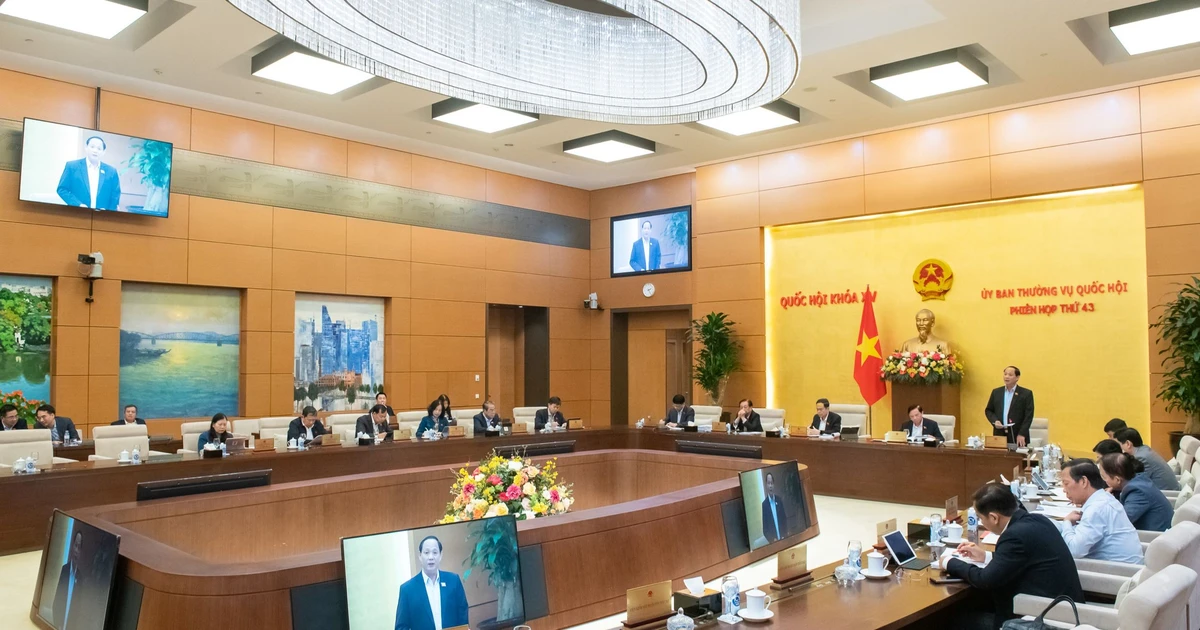

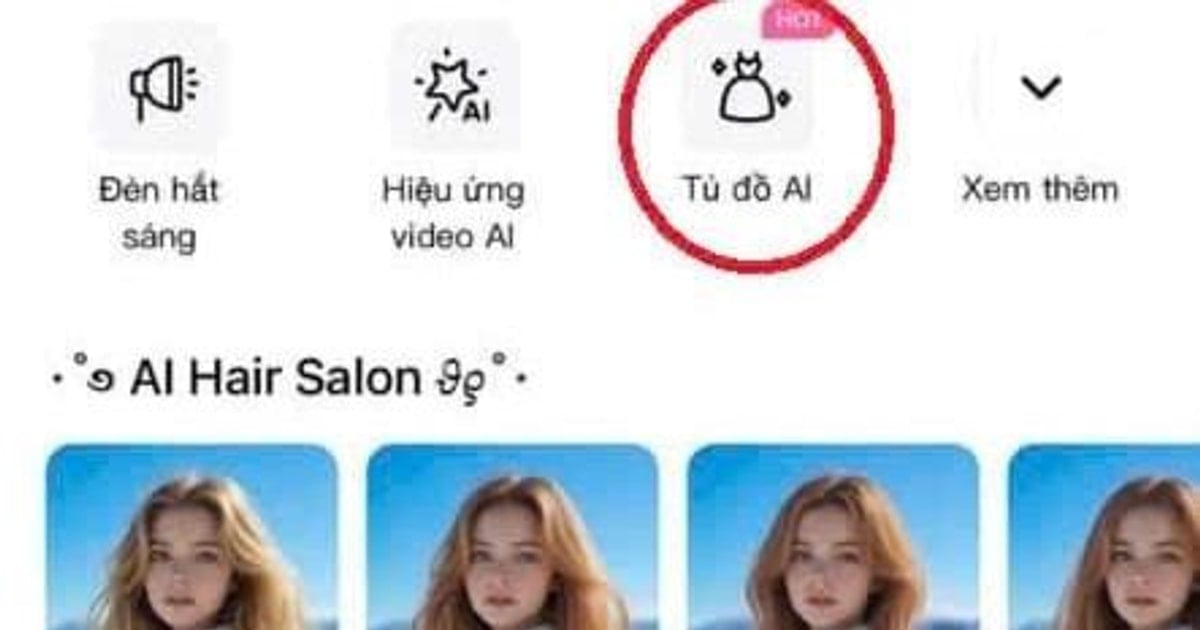



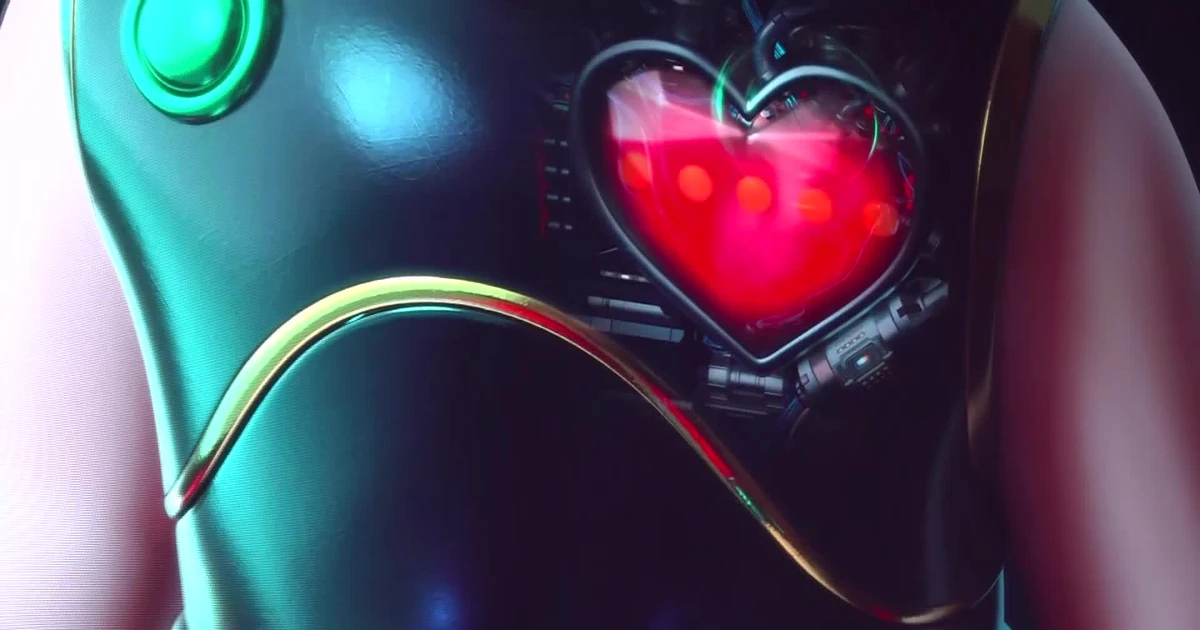
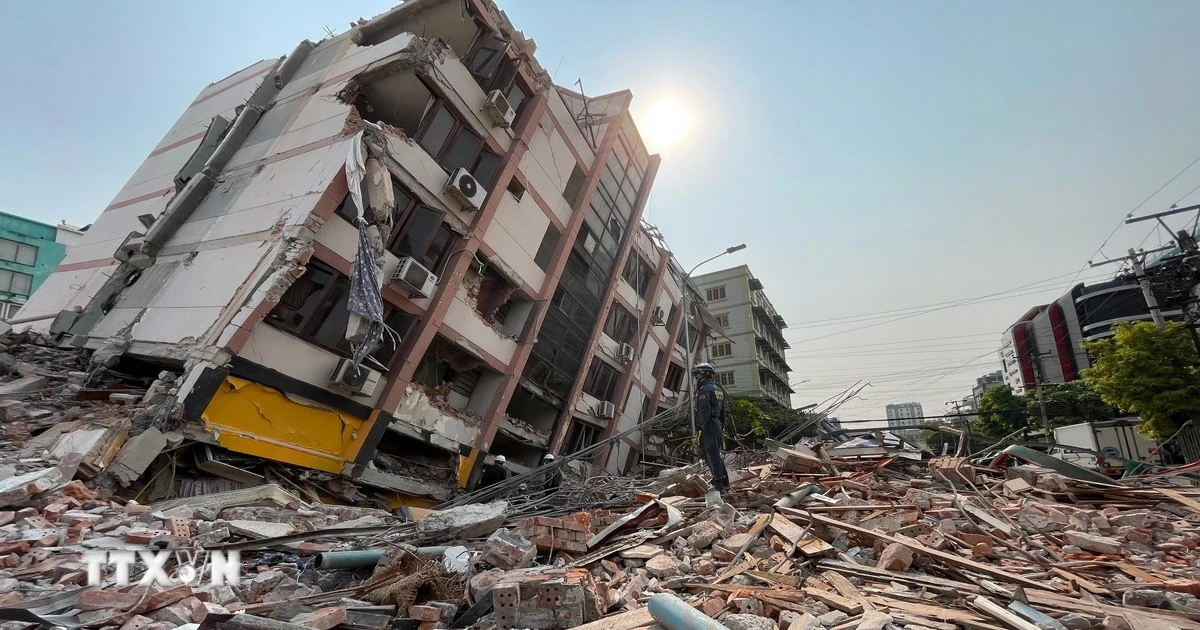
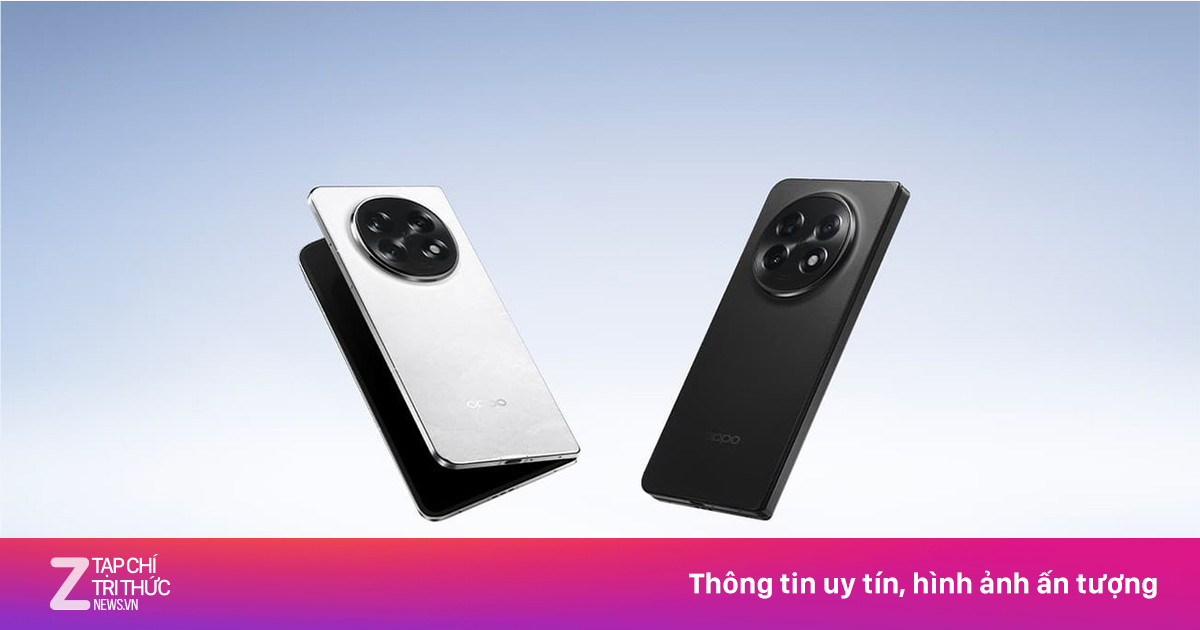
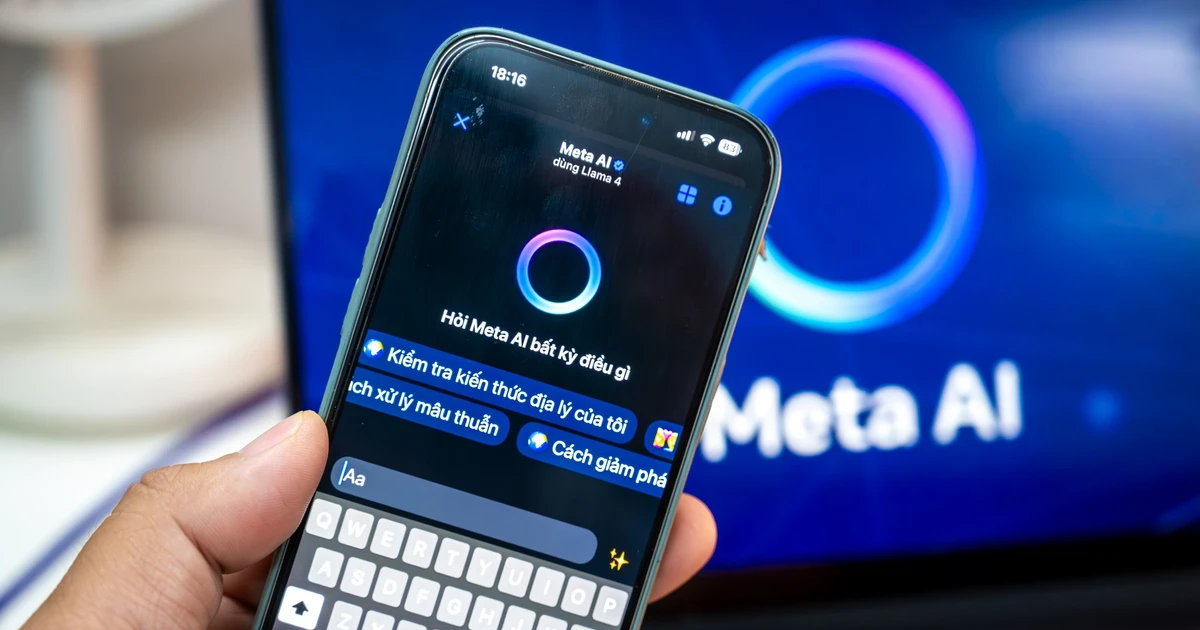
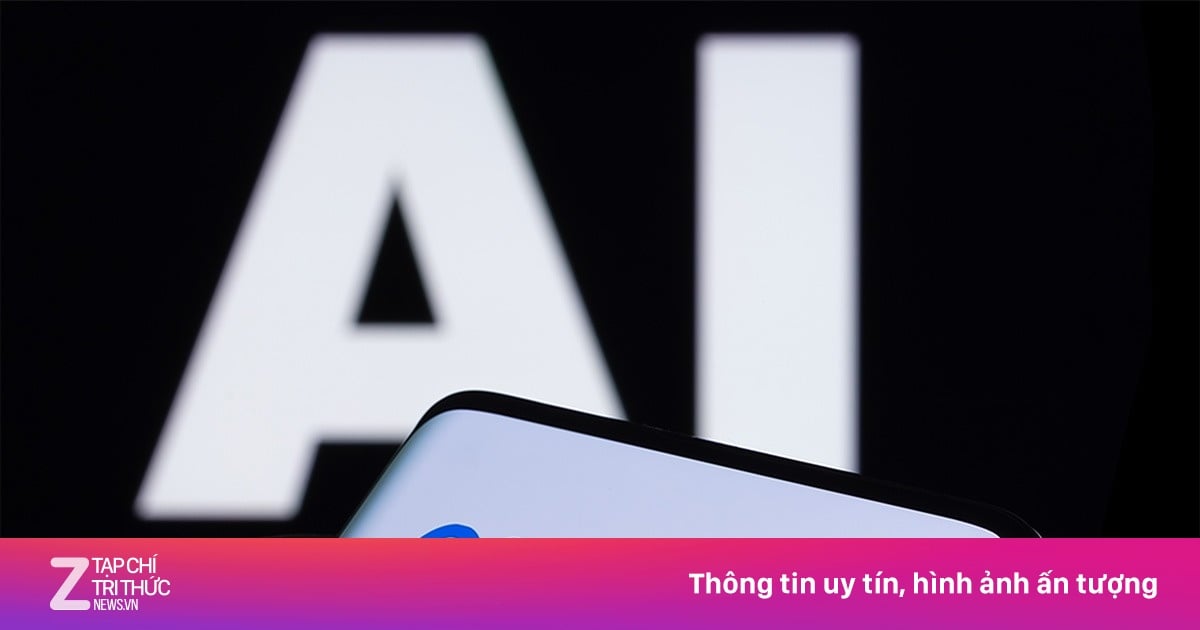




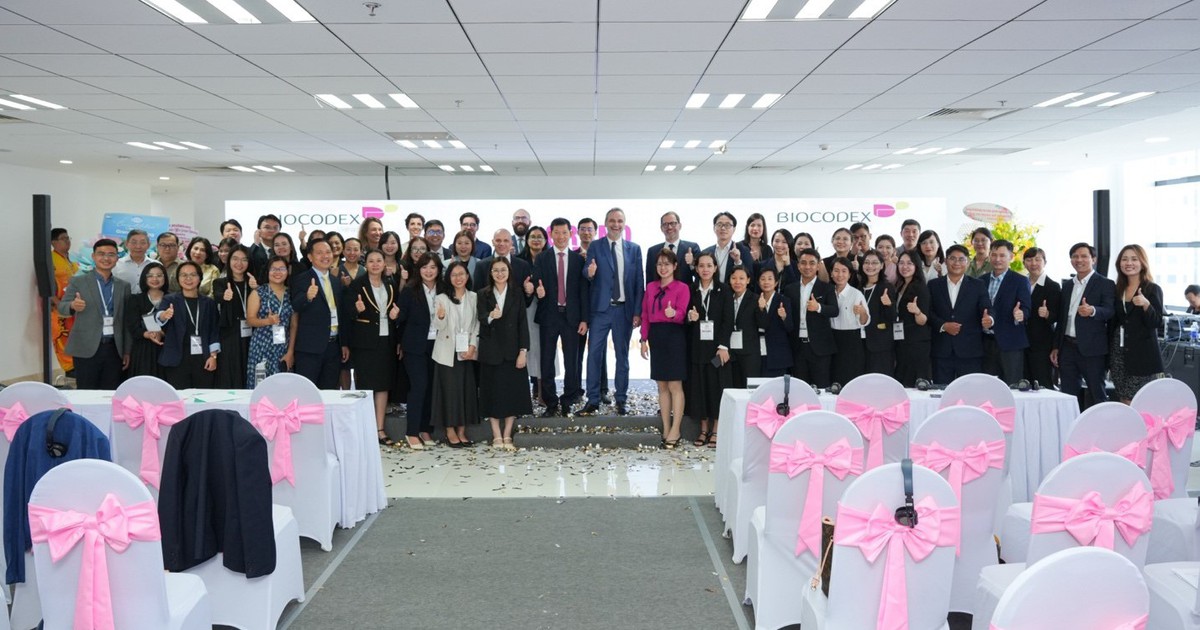
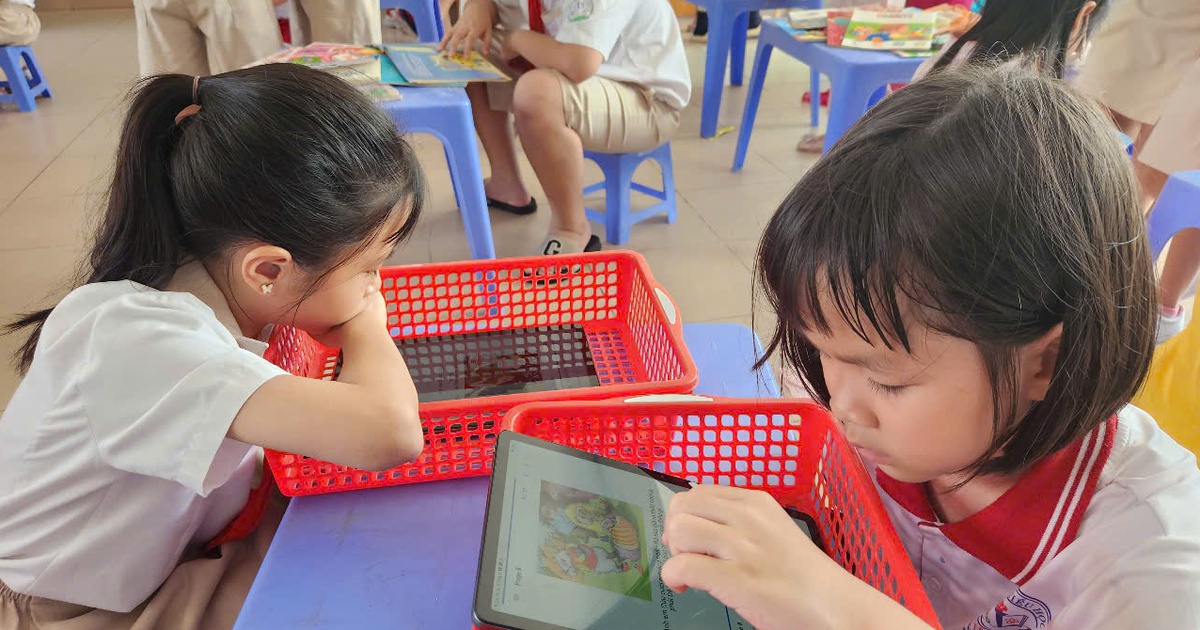
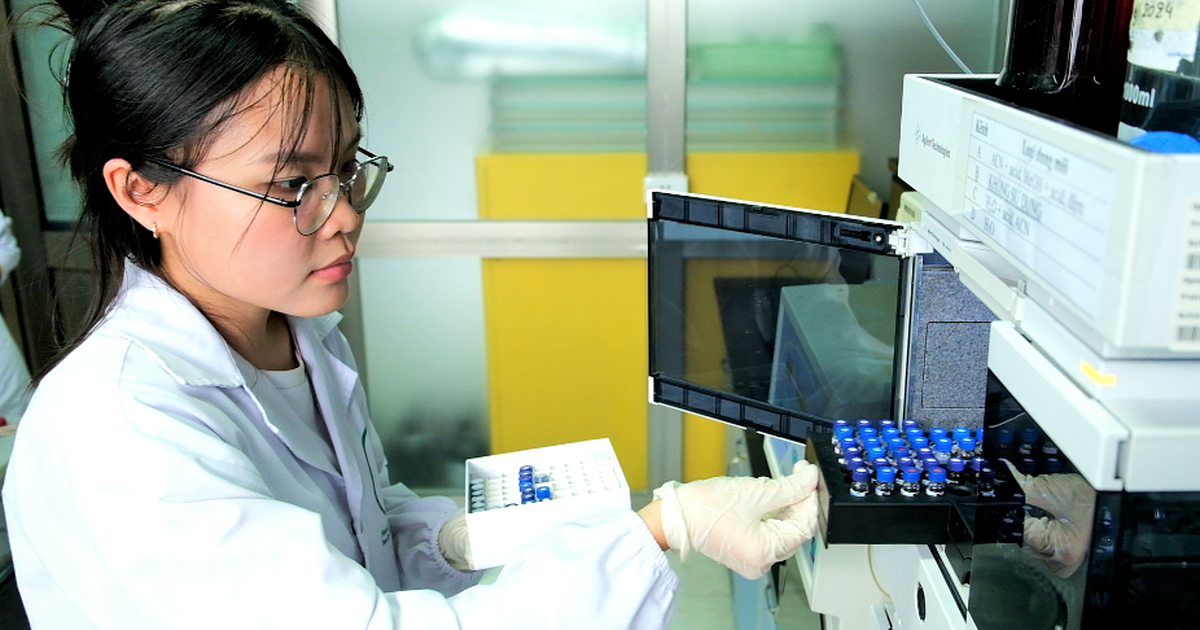

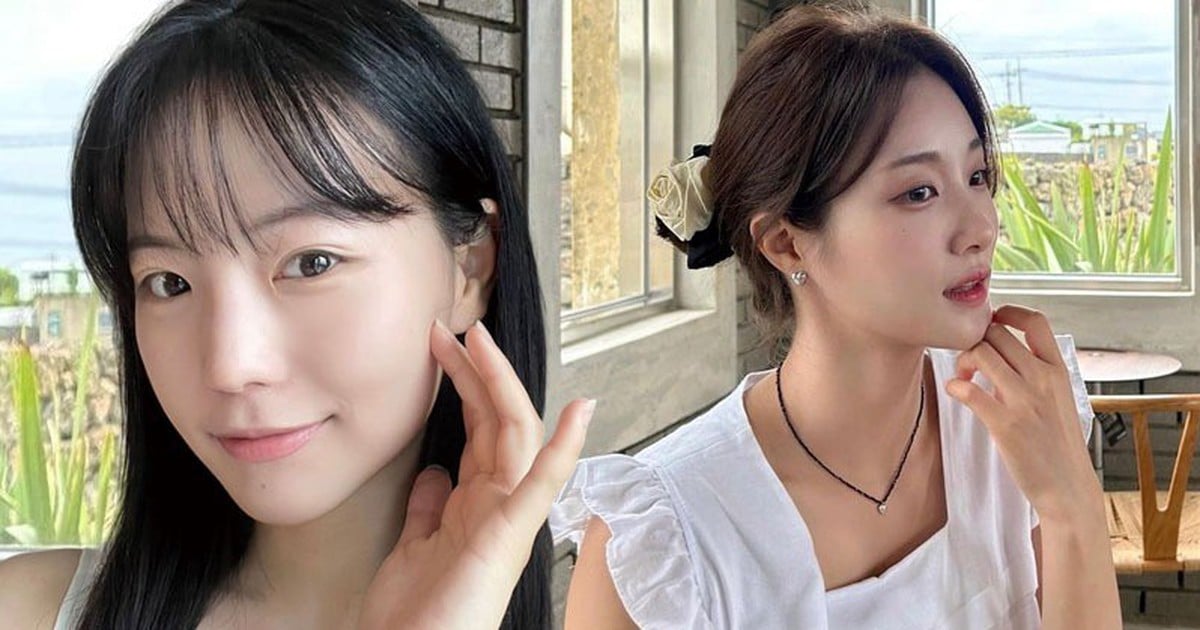













































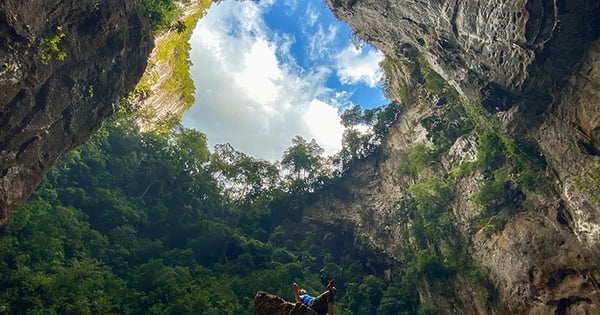


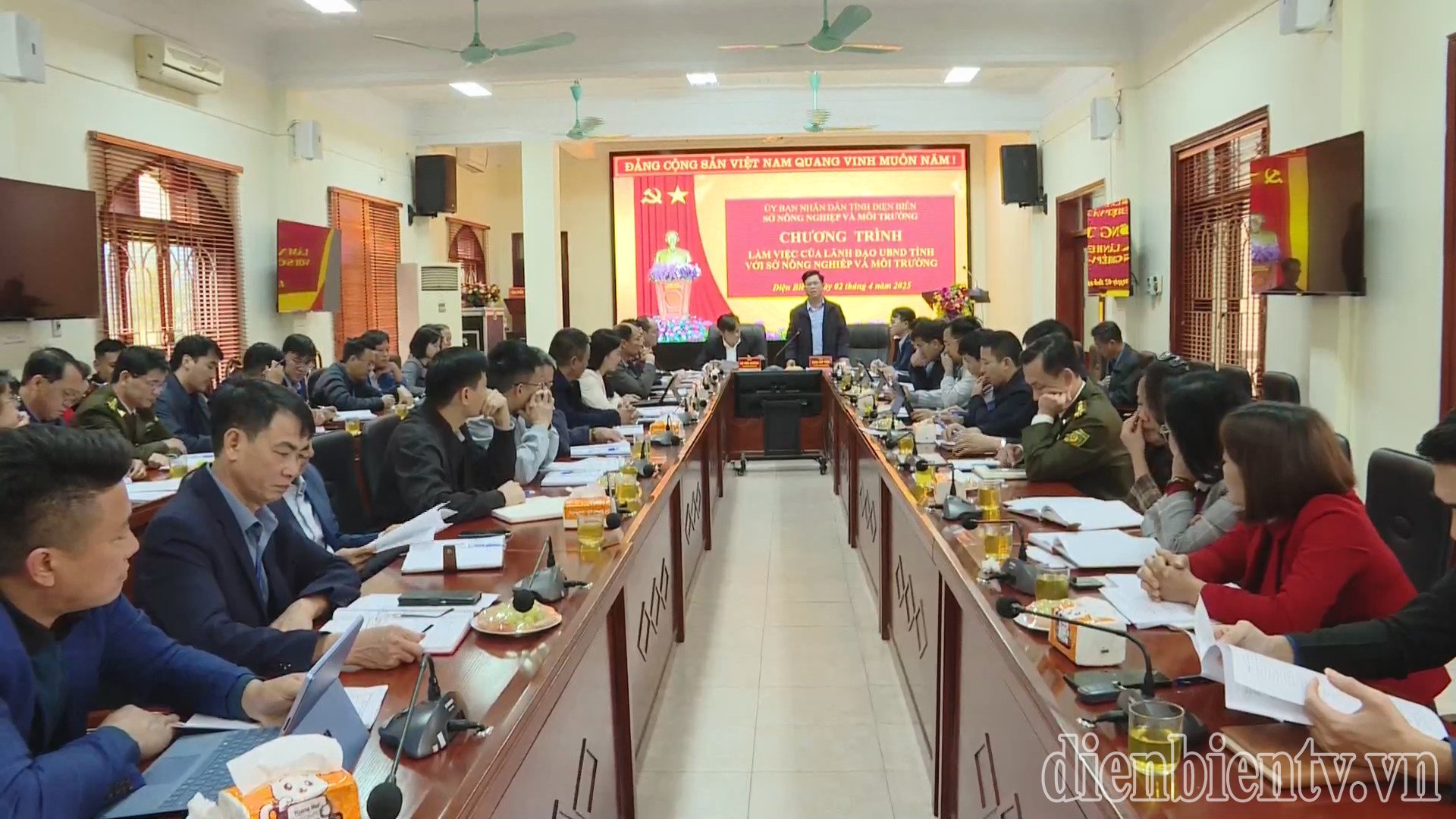
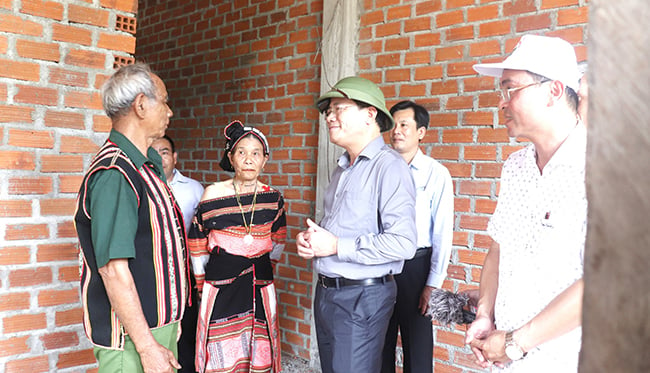
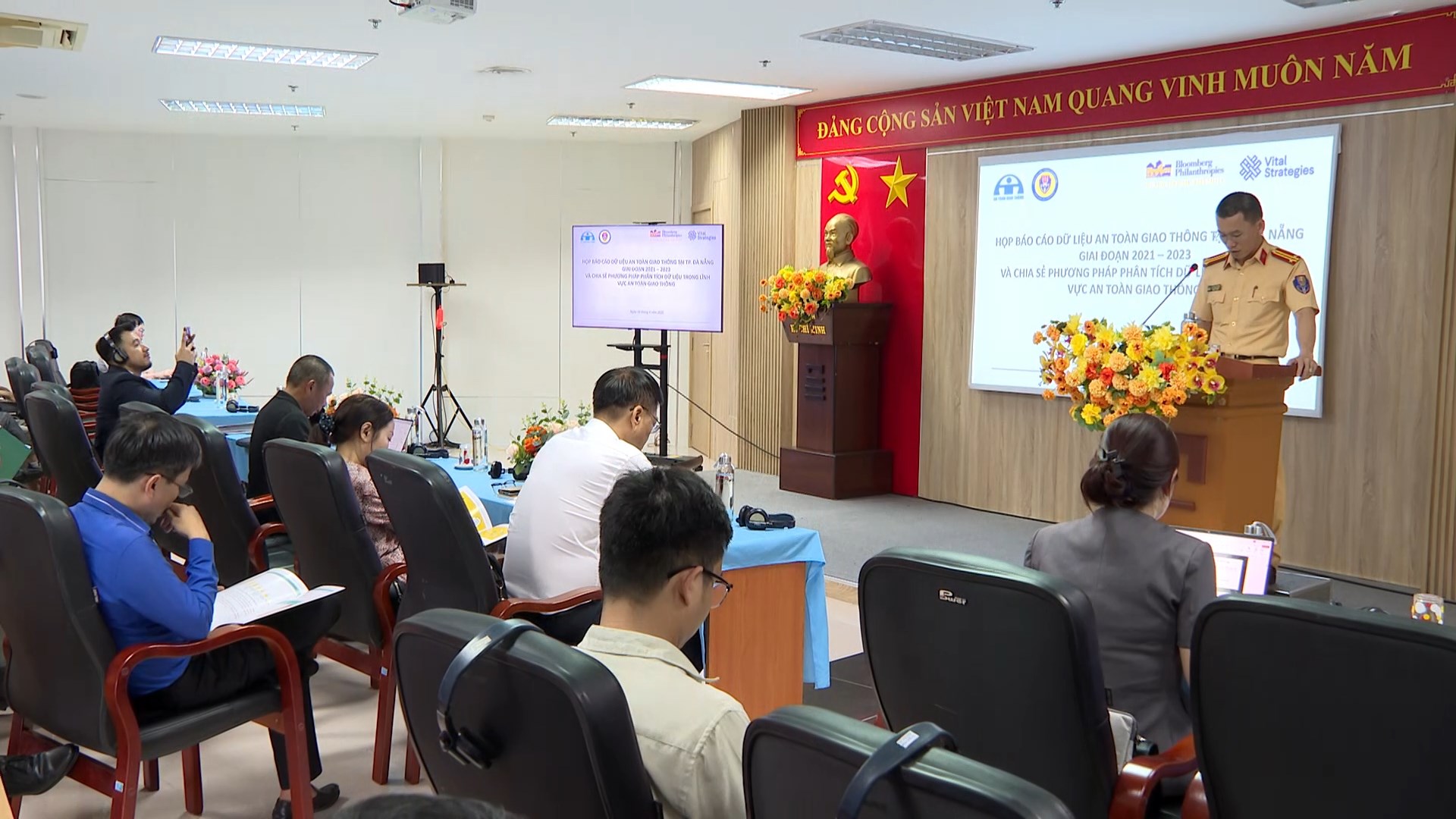
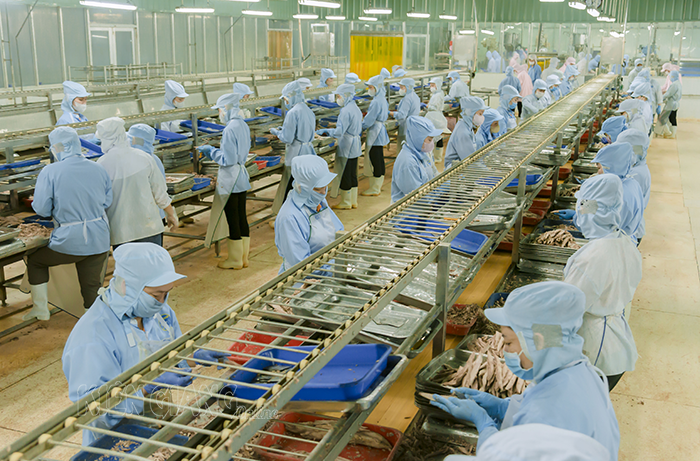
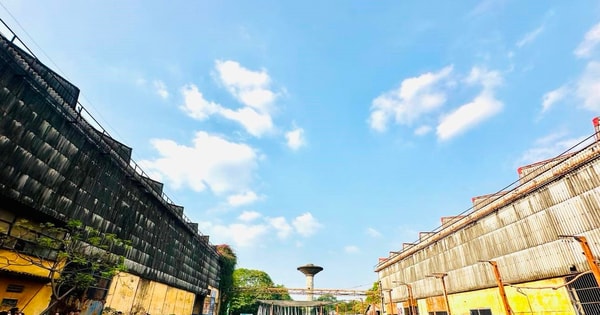

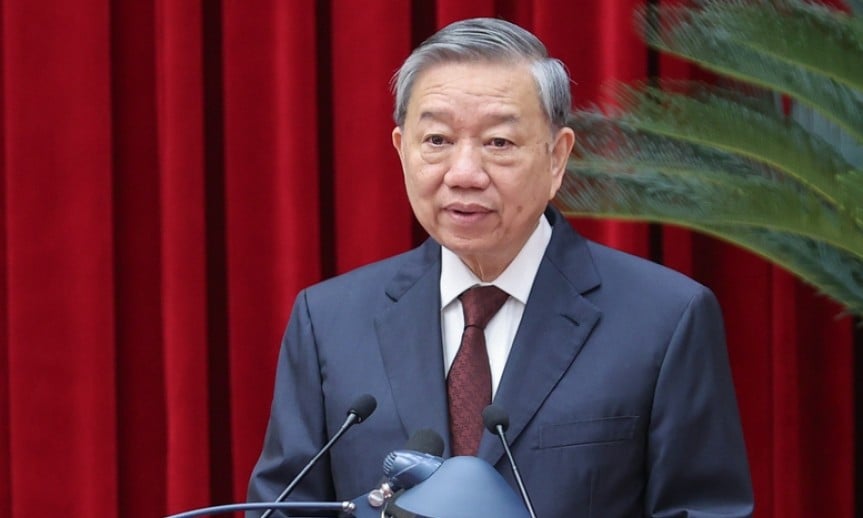







Comment (0)